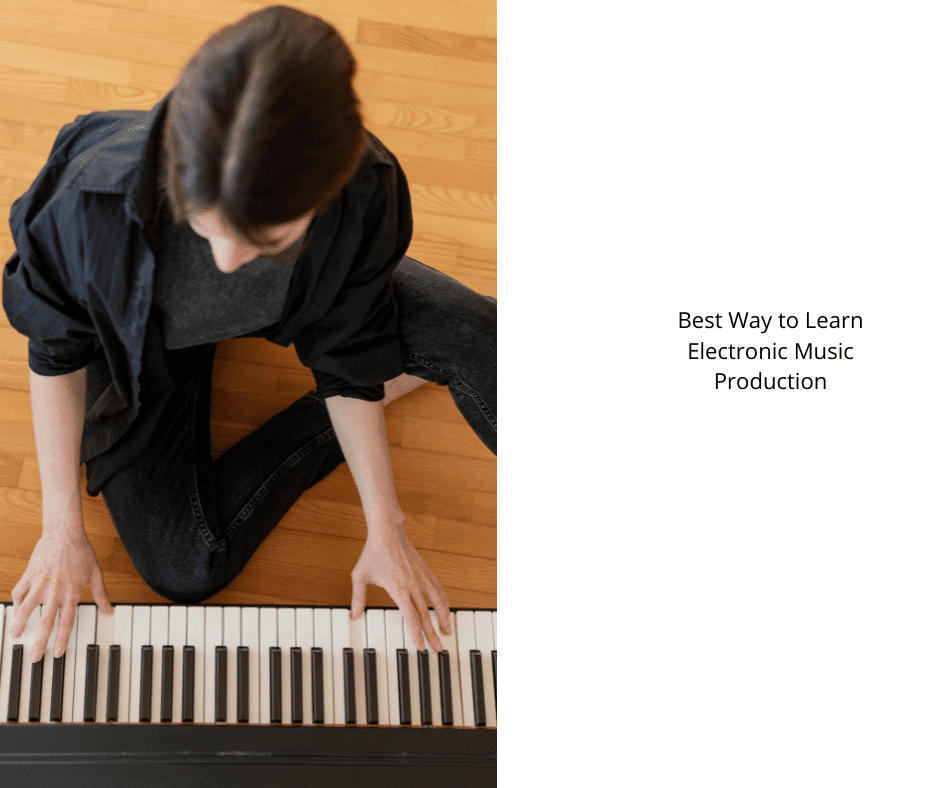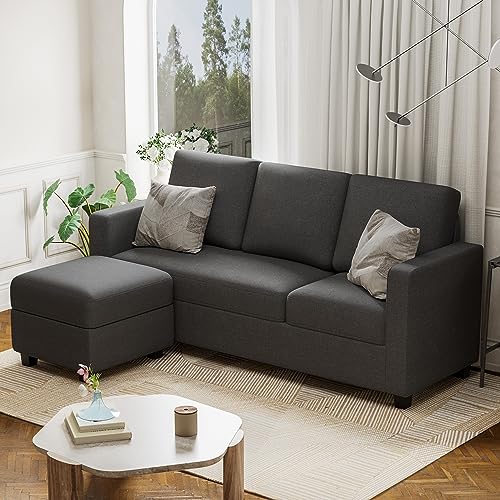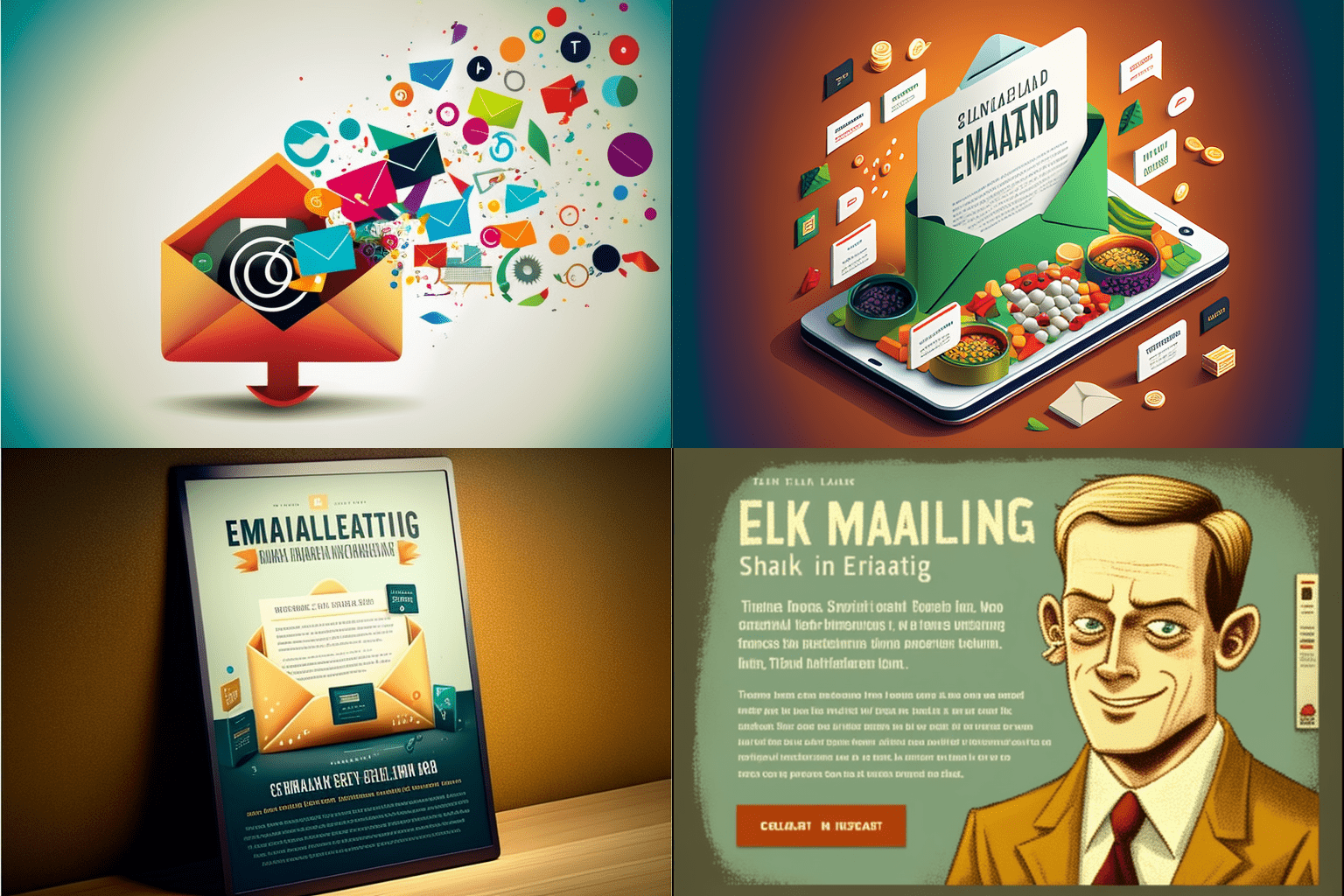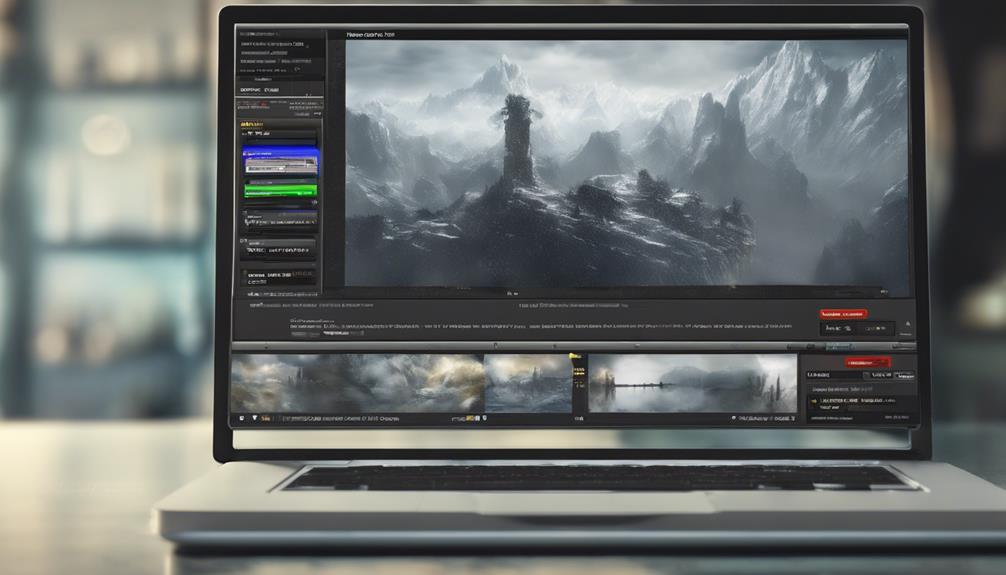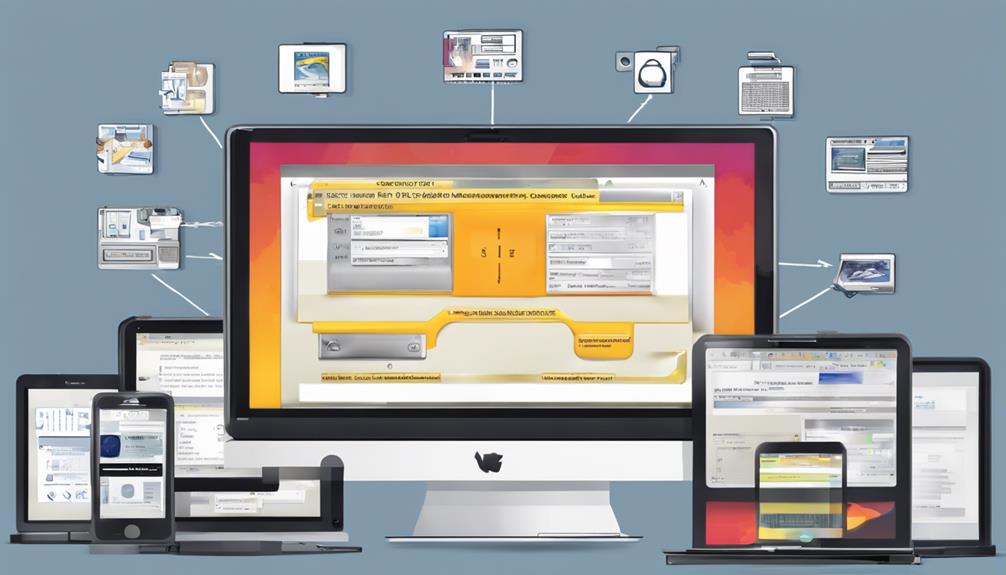There are many ways to learn electronic music production. You can use free trial versions of Ableton Live, FL Studio, or Udemy to try out the course material before buying the software or spending money on a DAW. These free trials will help you choose the right method for you.
There are many ways to get into electronic music production. You can choose a program, take lessons or just start making beats using your own equipment.
Learn the Basics
To become a good electronic music producer, it’s important that you first learn the basics of music theory. You must also learn about the different parts of a song and how they fit together. For example, if someone were to ask you what drums or percussion instruments are used in electronic music production, what would you say? Would you be able to tell them?
There are many different types of music genres and instruments used in producing electronic music. Learning these things is important because they can help influence your creative process when making new songs.
Watch Tutorials
- Tutorials are a great way to learn new skills and expand your knowledge base. You can find tutorials on YouTube, books at the library, or even music stores!
- There are many different types of tutorials: beginner-level courses that teach you the basics; advanced courses that dive into more complex techniques; and even master classes with industry professionals sharing their secrets.
YouTube
YouTube is an excellent resource for anyone just starting out in electronic music production. Hundreds of channels cover all aspects of the production process, from sound design to music theory. You’ll also find kit reviews and masterclasses from some of the biggest names in the business.
Many of these channels have beneficial videos, and you can often learn more from them than you could ever learn on your own. Andrew McMillan’s YouTube channel has hundreds of videos about synths. His tutorials are comprehensive and you can get a preview of his channel for free. If you’re interested in learning more, he also has a subscription-based program called ADSR.
Red Means Recording
Jeremy, aka Red Means Recording. Jeremy is probably best known for making music and videos with the Teenage Engineering OP-1 digital synthesizer. You’re probably best known for something pretty awesome, too.
Red Means Recording make music with a variety of things, including Ableton and some hardware synthesizers. He makes video using After Effects, Premiere, and other tools.
You can also use a digital audio workstation to record and edit tracks. MusicTech Magazine has step-by-step tutorials for popular DAWs and general articles. Another great resource is the ROLI website, which features free tutorials for using the company’s products.
There is no better way to learn electronic music production than watching videos and listening. You can follow some of the top producers in the world and pick the ones you want to emulate. Remember always to get feedback. Though it can be intimidating initially, feedback is crucial for your development as an electronic music producer.
Once you’ve decided to pursue electronic music production, research different artists and genres. Once you have chosen a genre, you can explore other techniques that will suit your style and preferences. Next, you will need to choose the right DAW. Many free options are available on the Internet, and many online courses are designed specifically for DAWs.
Exponential Learning
There are many ways to learn electronic music production. You can start with the basics or go deeper into mixing and producing the music you are interested in. It doesn’t matter what level you are at, it is essential to know your tools. Online courses can also help you learn more and speed up your learning curve.
Getting a digital audio workstation is an essential first step. Many beginners start with FL Studio, but many other software programs are available, such as sylenth, which can give you many different sounds. Once you have your DAW, you can begin learning about audio, equalizing, and mixing.
One way to learn how to create your beats is to learn from a master. You can experiment without fear by mastering a technique. This can allow you to create new songs or create new genres. In addition to learning from a master, you can learn from others. Study their music and re-create it. This will encourage you to listen attentively, explore new ideas, and solve problems.
Another approach is to learn by making samples of your work. Creating a sampled performance of a new song will give you a sense of how the composition sounds. This is an important technique because it improves your aural imaging. When a piece is not produced well, it won’t sound as good as it could be.
Go Through a Program or Take Lessons
If you want to start learning electronic music production, consider taking a class or going through a program.
Any good teacher will have some sort of background in music since this is key to their teaching ability and effectiveness. This means that they can often relate their own experiences as a musician and help students understand the concepts better.
When looking for a class or program, look for one that is affordable and has good reviews.
Online Courses
If you’d like to learn how to make your electronic music, you can take several online courses. Some courses are more interactive and structured than others and can be very affordable. There are some things you should keep in mind if music production is something that interests you.
One of the most significant benefits of online courses is the flexibility and cost. It’s less expensive than attending classes in your area, and you can combine your online study with your full-time job. The online courses are also a great way to keep your grades up since you can simply type your assignments online.
Many online courses offer certificate programs. Some courses even offer student discounts on some of the popular software used by music producers. For instance, the Hans Zimmer course from Masterclass can give you the skills and knowledge necessary to create music for film. Udemy and Point Blank Music School also offer online courses in film scoring.
Another online course for learning electronic music production is called Sound Academy. This course is for intermediate and advanced music producers. This course features mini-lessons on specific topics that will help you to work on your music production. It also provides tips and tricks that can be applied immediately. This course, while more expensive than some of the other options, is a good option if you’re looking for a hands-on approach to learning music production.
A good course will show you how to create sound through looping, layering, and mixing. This course also emphasizes developing your ear for music and collaboration with other producers. You will be able to analyze the sounds of world-class artists and learn the techniques they use to produce great music.
Preset Banks
A preset bank is the best way to start electronic music production. This will give you a solid foundation and help you expand your sound design options. You will find hundreds, if not thousands of sounds in the best-preset banks. You can use them to create a range of sounds that will make your songs sound more professional.
The first step to becoming a good EDM producer is learning music theory. This theory is crucial for every single track that you make, and learning it will help you make better tracks faster. It’s like having a superpower: understanding music theory gives you more creative freedom.
Bank Samples
Sample banks are an excellent way to start learning electronic music production if you’re just starting out. These sample banks are designed to help you create your own sounds without paying for expensive samples or downloading the wrong ones. Some sample banks can have sub-par sound quality.
Sample creation involves many steps. This includes individual song ideas, drums and sound FX loops. It’s a fast-paced process that requires constant inspiration and rapid recording. Once the samples are recorded, they must be rendered and named.
Sample banks are a great tool for producers starting out, but it’s also a good idea learn the music theory behind each style. Knowing the basic principles behind each genre allows you to be more creative and effective. This knowledge is like a superpower that will help you produce better music in less time. Many producers make their tracks by ear, but a profound understanding of music theory will enable you to produce higher quality music faster.
Aside from sample banks, there are many other electronic music production tutorials sources. Online tutorials and forums can provide you with tips and tricks that can help you make quality music. Sample packs can also be purchased from producers such as Alin Dimitriu who has created a variety sample packs for popular genres such as Chillwave, Lo-Fi House and Indie Dance.
Using samples is an essential part of electronic music production. Classic artists like Queen, Michael Jackson, and Marvin Gaye have been sampled many times. This skill is crucial to producing quality music and can be daunting to learn. Modern sampler plugins and DAW software have impressive libraries of royalty-free sounds. The problem is knowing where to find them.
Get to Know Your Equipment
You should get to know your equipment, but it’s also important to get familiar with the actual music you’re making. You don’t need to listen to only electronic music; start by listening to all kinds of music and seeing what inspires you.
Listen for structure: How does the song flow? When does it change tempo or feel? Does one instrument take center stage? What patterns are present in the arrangement?
Listen for melodies: Do any melodies catch your ear more than others? Why do they stand out? Is there an element of repetition at play (a riff or repeated phrase)? If so, how is that riff used differently in different parts of the song—or not at all?
Learn in Several Ways
If you want to learn how to produce electronic music, there are several ways that you can go about it. But the most important thing is to create music that makes you happy. This will help you stay motivated and keep learning and give your listeners something pleasant to listen to!
To make good music, the most important thing is finding inspiration for your music. You can find inspiration by listening to other people’s music, watching movies or playing video games (or all three). If possible, try starting with a track idea before listening any other tracks so that they don’t influence your own ideas too much! The next step is recording it down into software like FL Studio or Logic Pro X using their built-in instruments such as pianos or guitars before adding effects such as reverb and pitch correction into each one individually until everything sounds perfect together… or maybe just leave them raw with no reverb at all if that works better for whatever reason too!
The last step involves finishing off by mixing everything so that none of these elements stand out above each other but instead blend seamlessly into one beautiful piece of artistry which will hopefully inspire others just like ourselves who want nothing more than making amazing-sounding songs while having fun doing it!”
Conclusion
There are many ways to learn electronic music production, but what’s most important is that you find an approach that works for you. If you feel like taking classes or getting lessons from a teacher will help motivate and inspire you, then go for it! If watching YouTube videos on how to use your software is fun for you, then do this instead of reading books or going through online courses.
Just remember not to overwhelm yourself with too much information at once—it can be overwhelming enough just learning basic skills like beat making or mixing sounds together without worrying about mastering advanced techniques simultaneously (unless those are also something that interests you).

